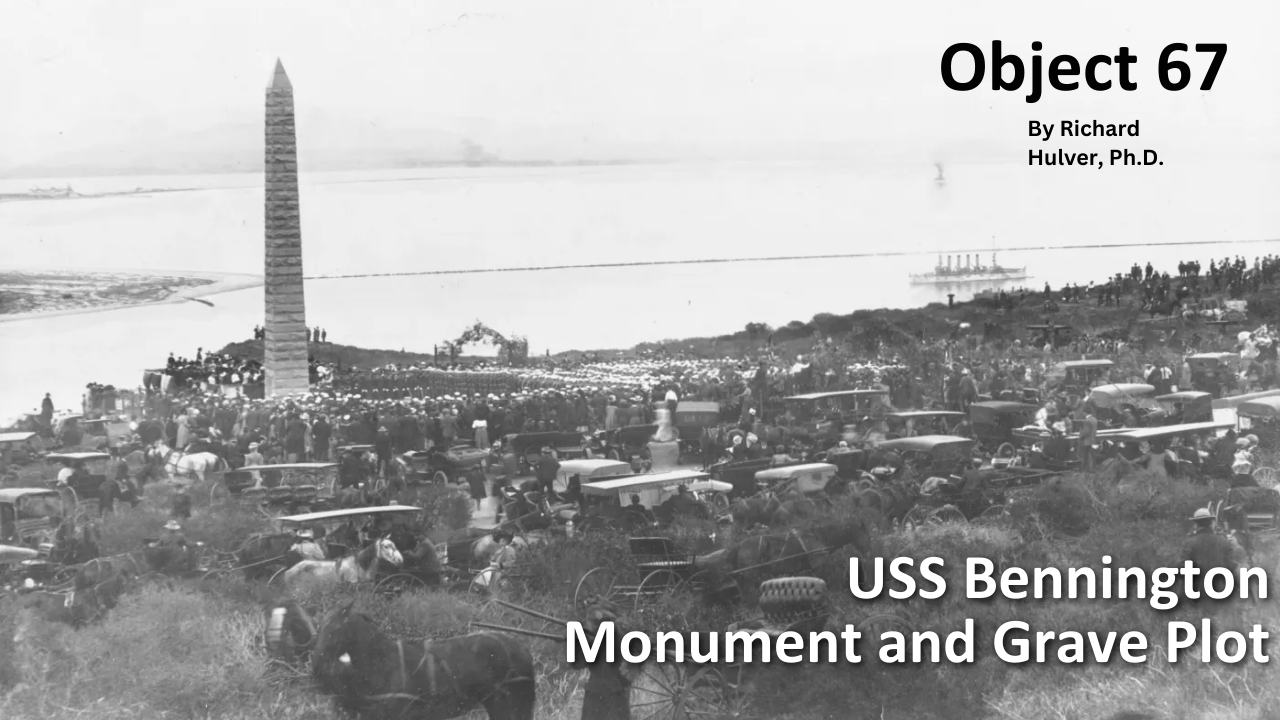
History of VA in 100 Objects
Object 67: USS Bennington Monument And Grave Plot
On July 21, 1905, one of the USS Bennington's boilers exploded, killing 49 sailors. Almost immediately after the accident, surviving crew and fellow sailors donated funds to build a monument at the grave site for their fallen comrades. This burial ground would later become Fort Rosecrans National Cemetery.
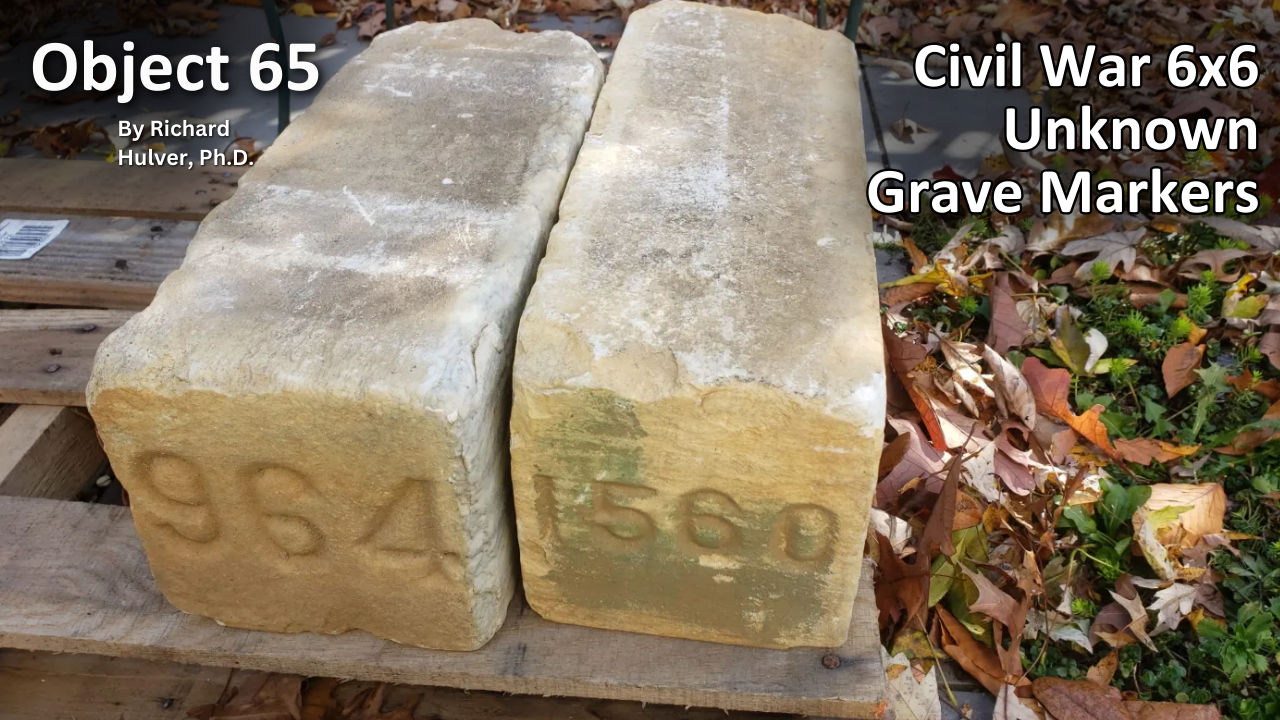
History of VA in 100 Objects
Object 65: Civil War 6×6 Unknown Grave Markers
Graves of unknown soldiers in the national cemeteries are commonplace and marked in many different ways. While the Tomb of the Unknown Soldier in the Army’s Arlington National Cemetery is the most culturally recognizable unknown grave, VA national cemeteries also have less grand examples of unknown burials that span the early 19th century through the Korean War. The most common form of unknown marker, however, is the simple 6x6-inch stone that adorns the graves of thousands of Civil War soldiers.
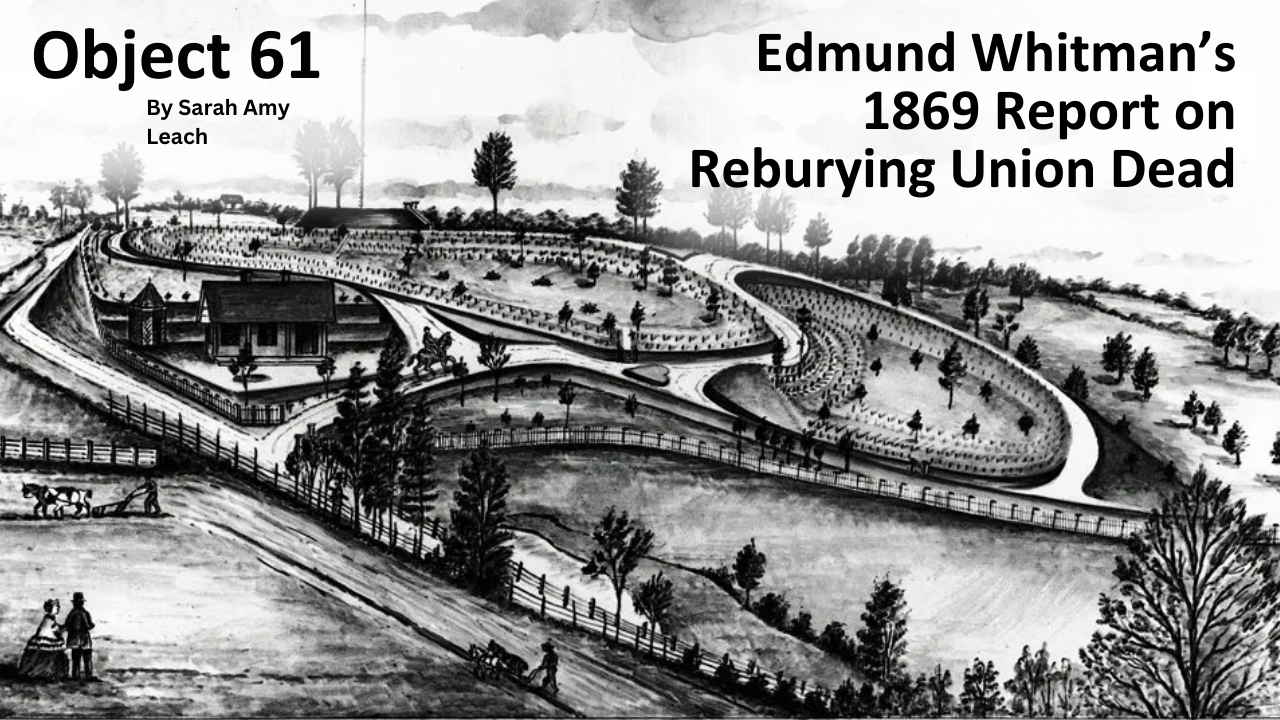
History of VA in 100 Objects
Object 61: Edmund Whitman’s 1869 Report on Reburying Union Dead in National Cemeteries
The U.S. Army’s plan for the recovery of Union dead across the South after the Civil War came about through the labors of a remarkable if little known officer, Edmund Whitman. He spent four years overseeing the collection of thousands of remains and creating “mortuary records” of reburials in new national cemeteries. After completing his “Harvest of Death,” to use his phrase, he produced in 1869 an extraordinary report that recounted the breadth, sequence, and challenges of his reinternment mission.
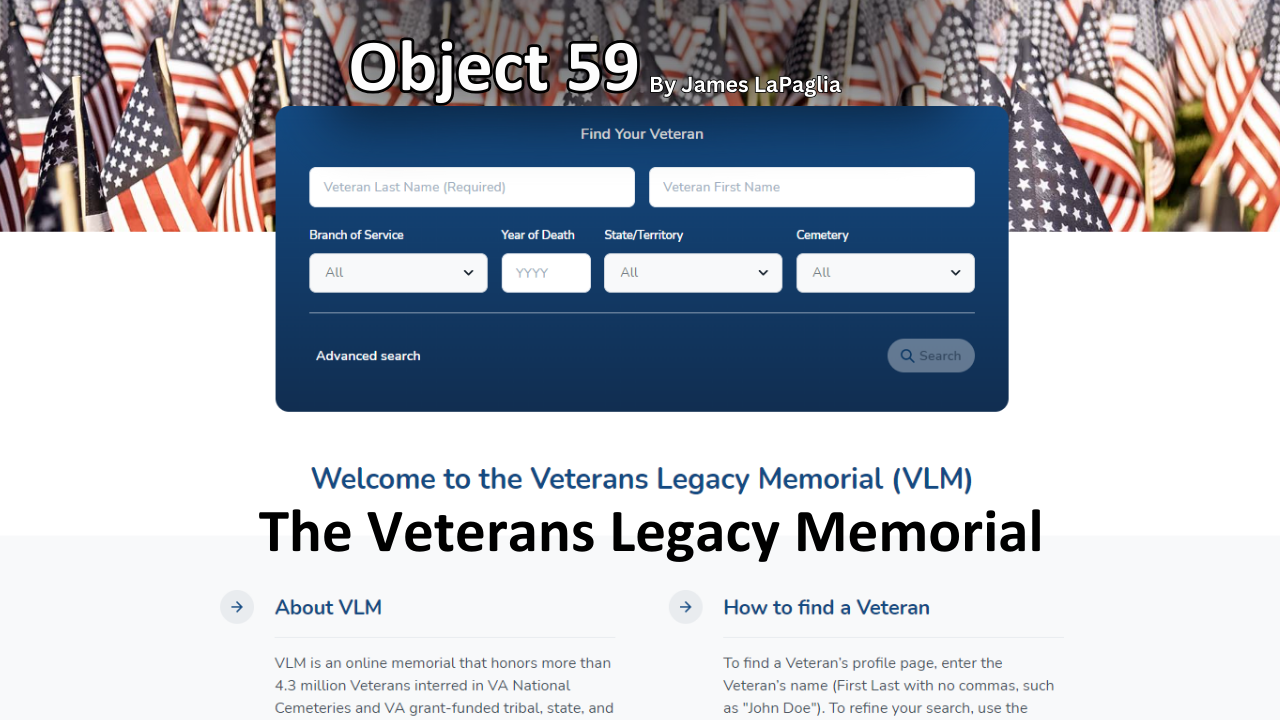
History of VA in 100 Objects
Object 59: The Veterans Legacy Memorial
In 2019, VA’s National Cemetery Administration (NCA) launched the Veterans Legacy Memorial (VLM), an innovative, interactive web site with memorial pages for more than 4.5 million Veterans. VLM utilizes the millions of records contained within NCA’s Burial Operations Support System database. Each Veteran’s memorial page is populated with information about his or her military service and place of burial.

History of VA in 100 Objects
Object 58: Congressional Cemetery Cenotaphs
Congressional Cemetery occupies 35 acres of land in the southeast section of Washington, DC, and has served as the final resting place for scores of elected officials and notable Washingtonians. The more than 60,000 gravesites include 806 maintained by VA. Some 168 of the VA sites are adorned with one of the most distinctive markers to be found in the cemetery—the iconic cenotaphs designed by Benjamin H. Latrobe, the nation’s first professional architect.
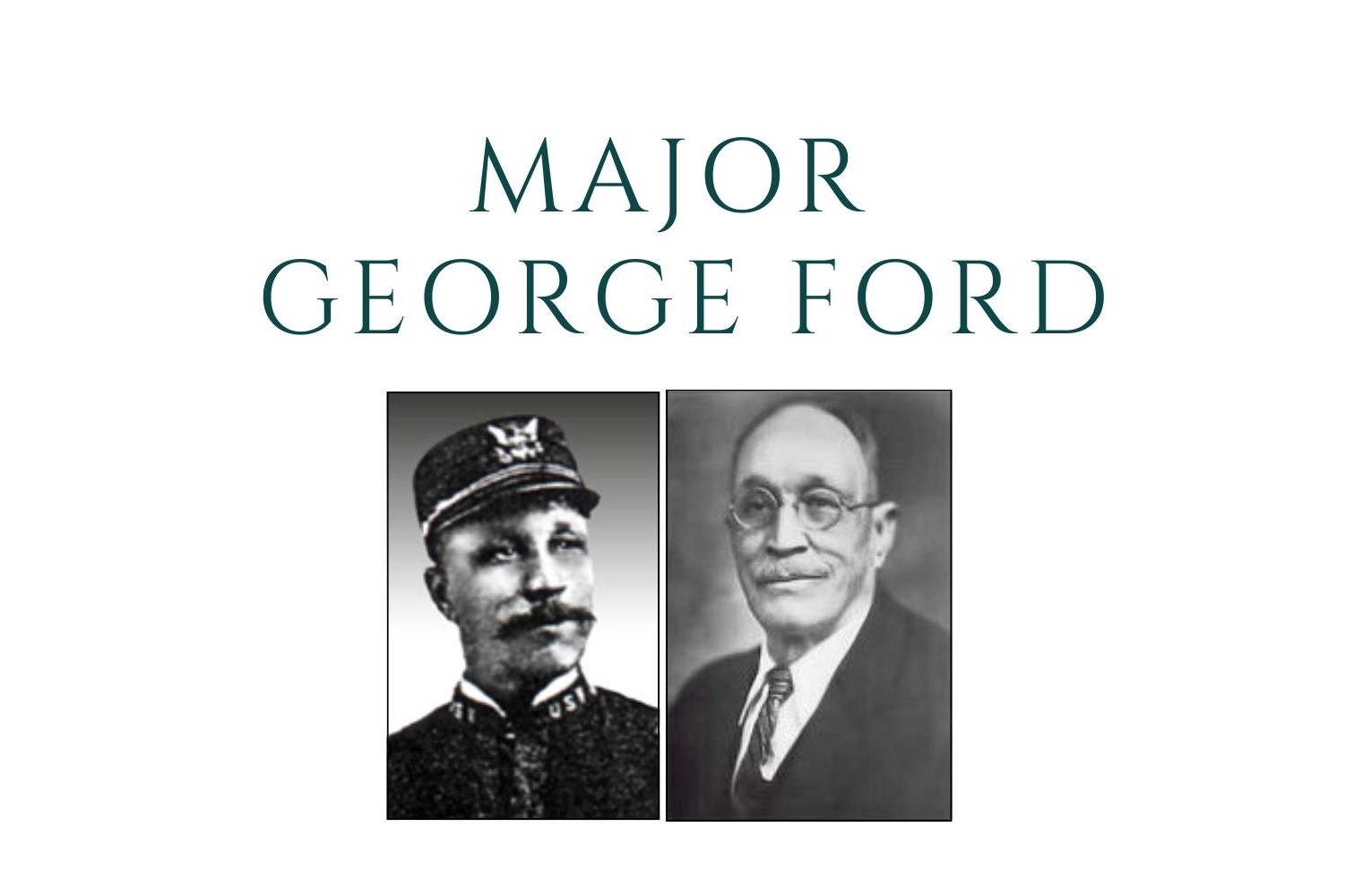
Featured Stories
George Ford – Veteran and National Cemetery Superintendent
George Ford was a Veteran of the famed "Buffalo soldiers" after the Civil War. A U.S. law gave preference to employ Veterans to oversee the growing cemetery system for Union dead. So in 1878, Ford became one of the first Black Veteran superintendents of a national cemetery.
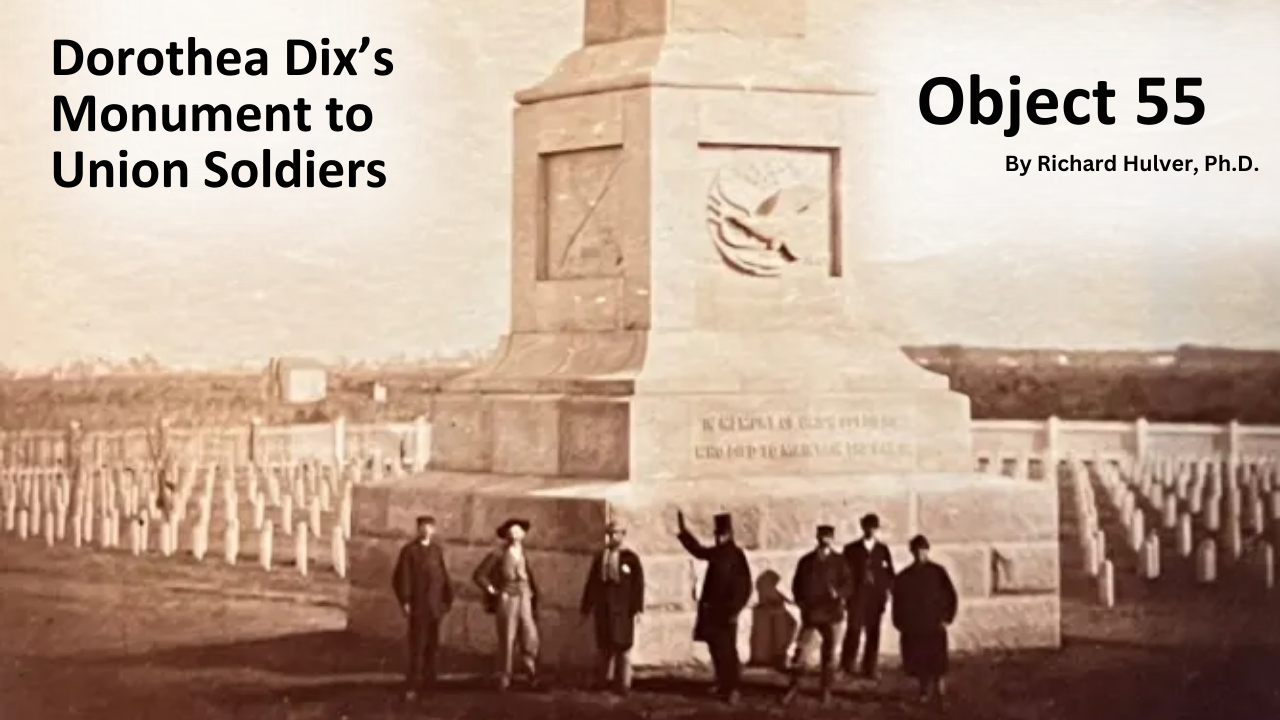
History of VA in 100 Objects
Object 55: Dorothea Dix’s Monument to Union Soldiers
On May 12, 1868, Dorothea L. Dix at last had the satisfaction of transferring to the Army ownership of the monument she helped finance and shepherd to completion. Dedicated to “Union Soldiers who perished in the War of the Rebellion,” Dorothea Dix's monument was a 65-foot-tall granite obelisk erected in Hampton National Cemetery in Virginia near the large Civil War hospital at Fort Monroe.
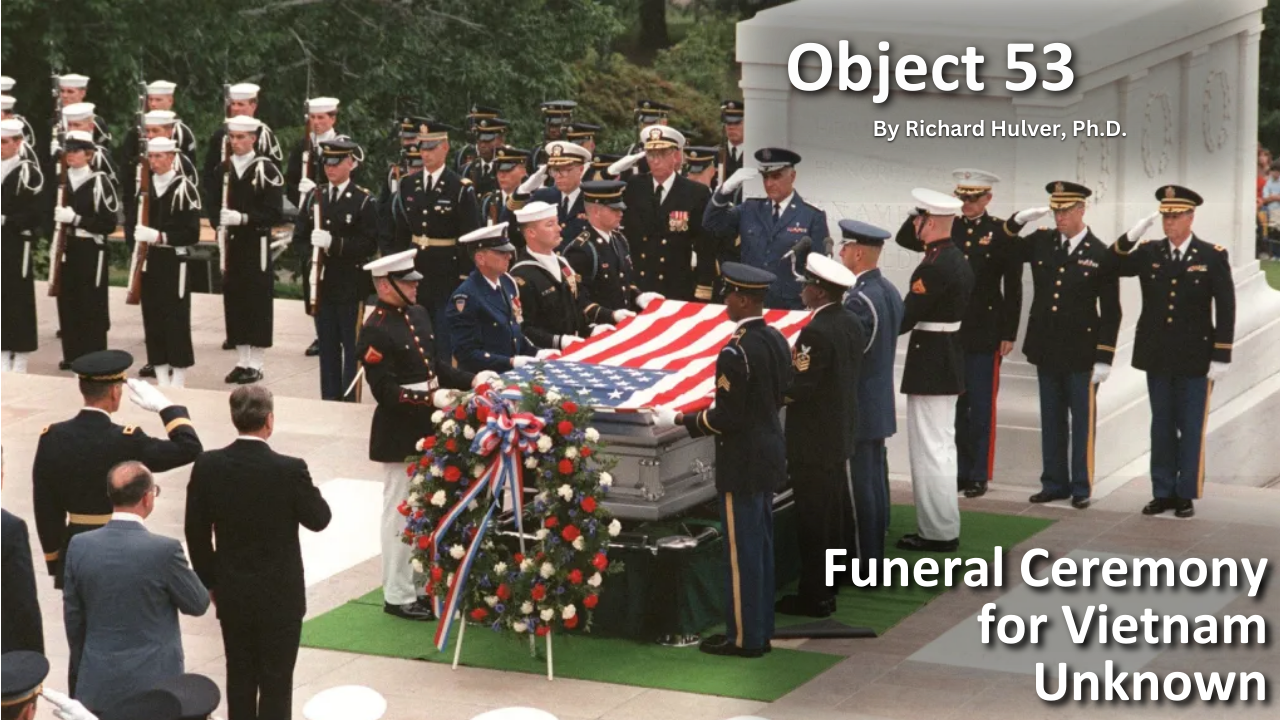
History of VA in 100 Objects
Object 53: Funeral Ceremony For Vietnam Unknown
After a 26 year journey from the Vietnam Unknown memorial to St. Louis, Missouri, a casket containing the remains of 1st Lt. Michael Blassie was interred in Jefferson Barracks National Cemetery in his hometown on July 11, 1998.

History of VA in 100 Objects
Object 48: Floor Plan of VA’s Historic Indoor Columbarium
In June 1941, Charles Ray Smith—aviation mechanic, Army Veteran, and past commander of the American Legion post in Gridley, California—died suddenly after a surgical procedure at age 52. His brothers and young son had the body cremated at the new columbarium at what is now Los Angeles National Cemetery.

History of VA in 100 Objects
Object 45: National Cemetery Superintendent’s Disability Certificate
The 1867 “Act to establish and to protect National Cemeteries” directed the Secretary of War to appoint a superintendent for each cemetery who was to reside in a lodge at the main entrance of the property. The superintendent’s principal duties involved greeting visitors, answering their questions, and taking care of the grounds. The Army provided superintendents with printed disability certificates affirming that the recipient had “been found a meritorious and trustworthy person, disabled in the service of the United States.”

History of VA in 100 Objects
Object 40: Dayton’s Tunnel – “Underground Path of Death”
The Civil War Veterans who resided in the barracks or entered the hospital at the Central Branch of the National Home for Disabled Volunteer Soldiers (NHDVS) in Dayton, Ohio, knew that the home cemetery was most likely going to be their final resting place. a Veteran’s last journey, reported the Cincinnati Enquirer, followed a literal “underground path of death." Dayton's Tunnel terminated at a gated portal on the edge of what is now Dayton National Cemetery.



